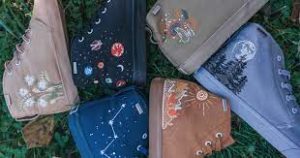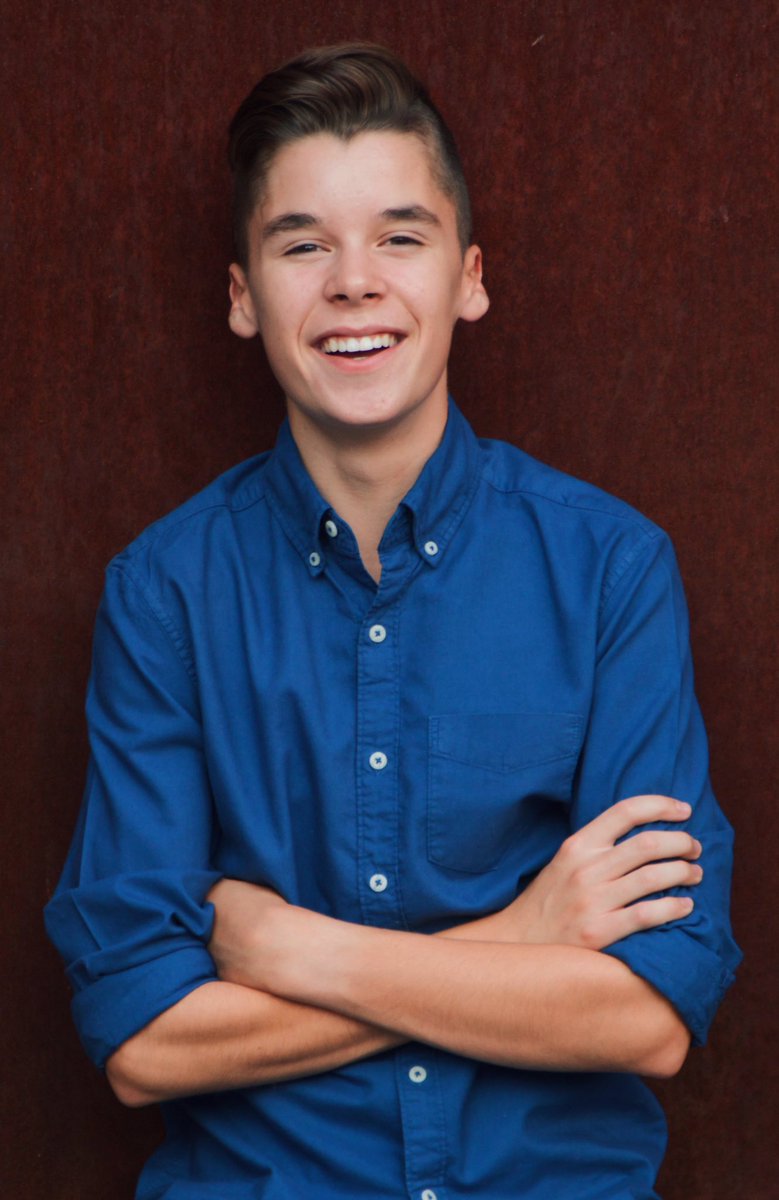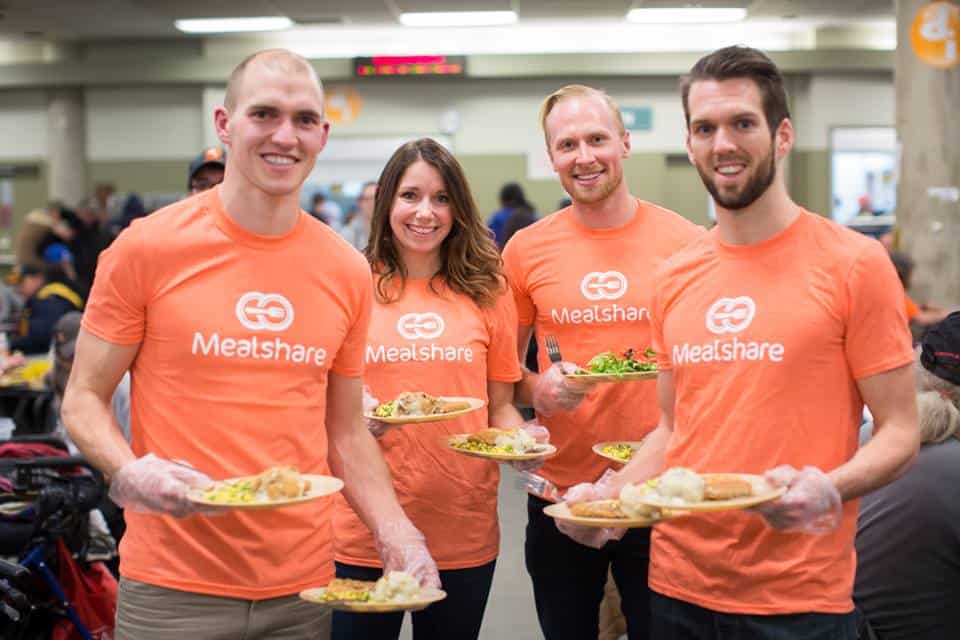Have you seen these shoes?
These are BANGS Shoes, created by Hanna Davis. After teaching in China, she noticed the green canvas work shoes worn by locals and was inspired to create change. She came up with the idea to use shoes to help workers provide for their families and build self-sufficiency in other countries. Backed by her family, she was able to invest in an initial shipment. She had a website, business cards, and a model. She paid the manufacturing fee and was delivered no product. As she started over and began to save again, she worked as a bartender. One night she struck up a conversation with an elderly couple who took an interest in her. They began to ask her about herself, and Hanna began to grow uneasy at the targeted questions, not wanting to disclose the specifics. She took down their information and later that week, decided to look him up. The man turned out to be a retired VF executive. VF is a corporation that owns outdoor adventure and apparel companies such as Vans, Supreme, The North Face, Jansport Dickies, and more. Two months later, George and Gayle Darrah become signed investors and business partners.
BANGS Shoes comes from the Chinese character “to help” and the brand prioritizes self-sufficiency. They source their materials ethically and employ the working class to help manufacture their products. They then take 20% of their profits and loan them through a non-profit to help other entrepreneurs get started. They have helped over 5,000 entrepreneurs in over 12 different markets in 79 countries.
Today, BANGS can be found all over Instagram, promoting outdoor adventure, encouragement, and positivity. Their unique shoes are a talking point and a casual staple in closets. On their webpage, they feature which rotates to highlight one of their entrepreneurs. Another section, titled “15 Things You Can Do Right Now” encourages movement and connection. Through its mission statement and engagement with customers, the brand effectively uses its platform to help others and create positive change in local economies.
If you would like to check them out you can find their Instagram Here
Or click to view their Website.












 Many people can recognize that Moziah is an inspiring entrepreneur because of his young, passionate success. However, they may not know that Moziah also has a redemptive entrepreneurship aspect of his company. His favorite bow tie is the Go Mo Bow because 100% of the proceeds are donated to help kids afford summer camp. Moziah recognized that the summer time is when child hunger is at it’s highest, and he believes in the importance of kids going to summer camp and having a fun time.
Many people can recognize that Moziah is an inspiring entrepreneur because of his young, passionate success. However, they may not know that Moziah also has a redemptive entrepreneurship aspect of his company. His favorite bow tie is the Go Mo Bow because 100% of the proceeds are donated to help kids afford summer camp. Moziah recognized that the summer time is when child hunger is at it’s highest, and he believes in the importance of kids going to summer camp and having a fun time.




 In 2013, cousins Andrew Hall and Jeremy Bryant aspired to create a business based on a simple idea: help restaurants donate meals to the people who need it most.
In 2013, cousins Andrew Hall and Jeremy Bryant aspired to create a business based on a simple idea: help restaurants donate meals to the people who need it most.